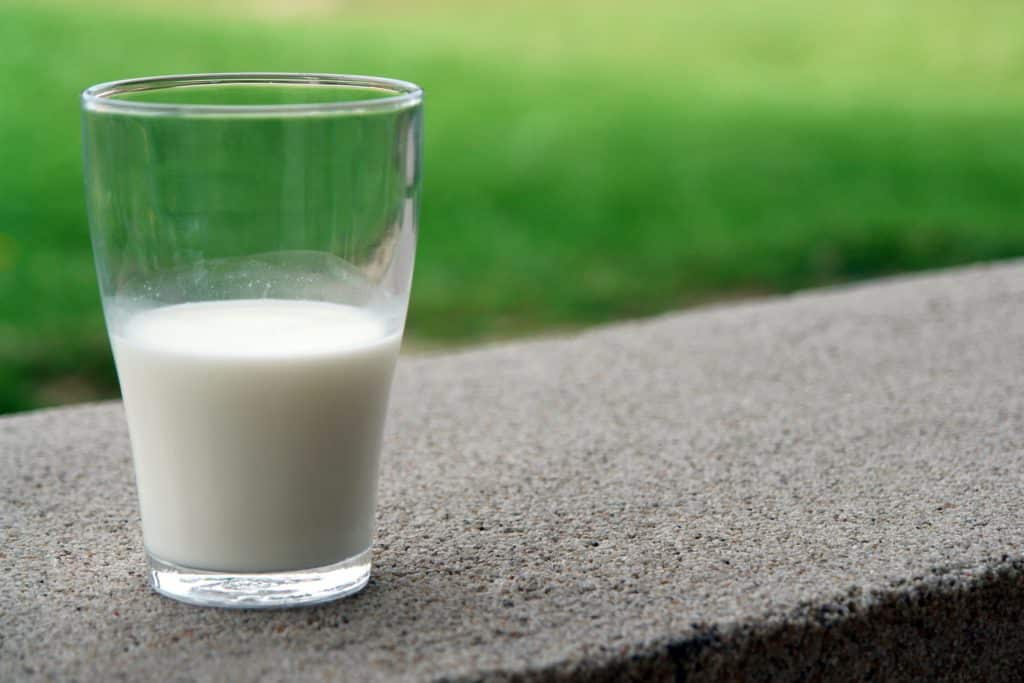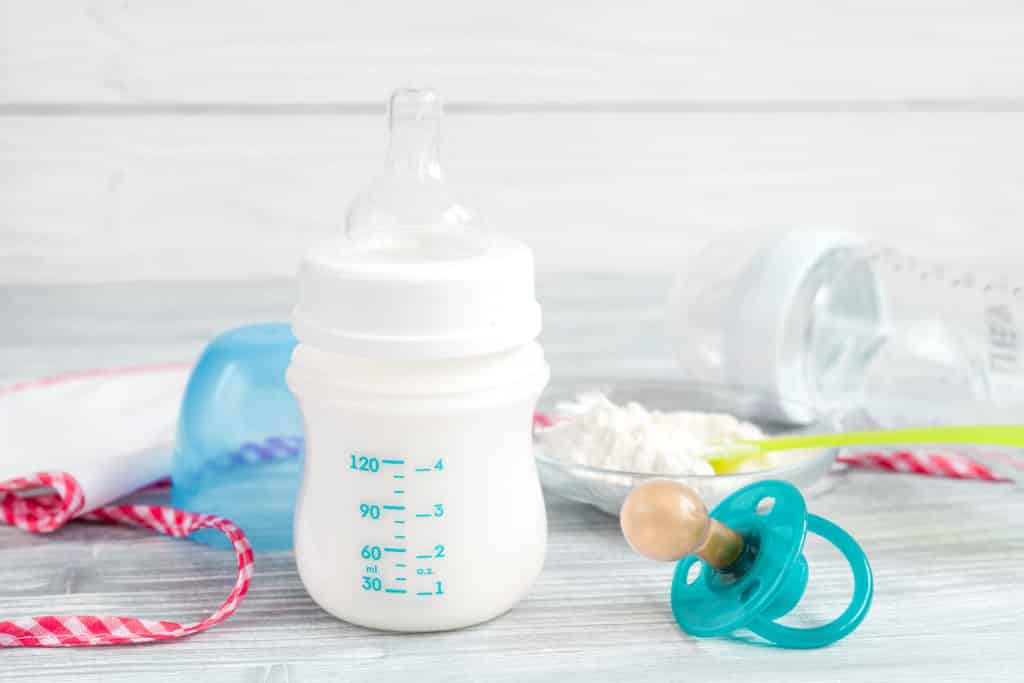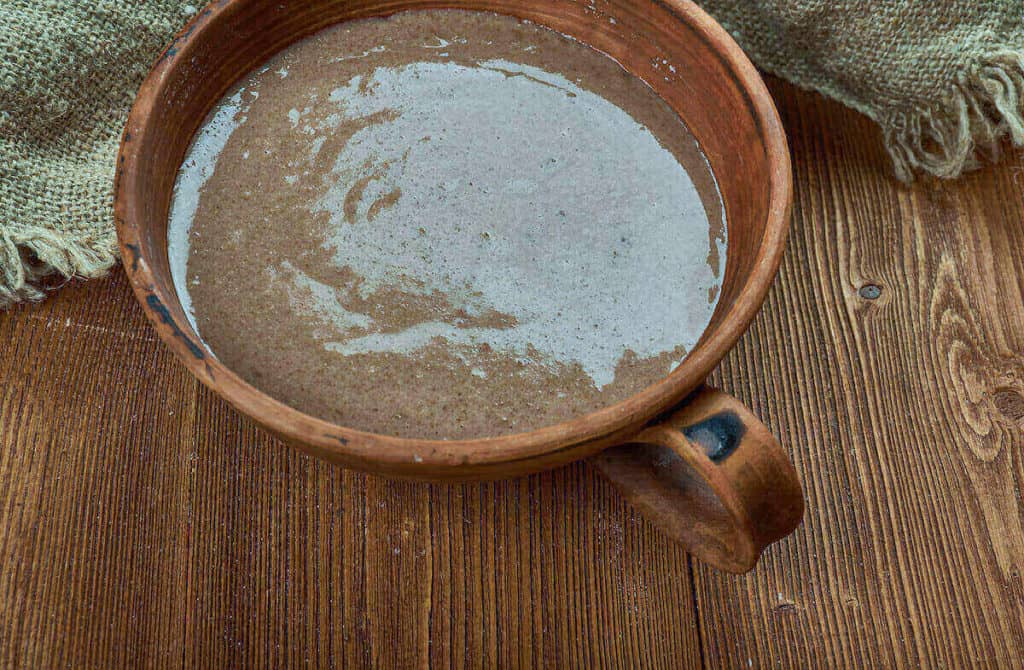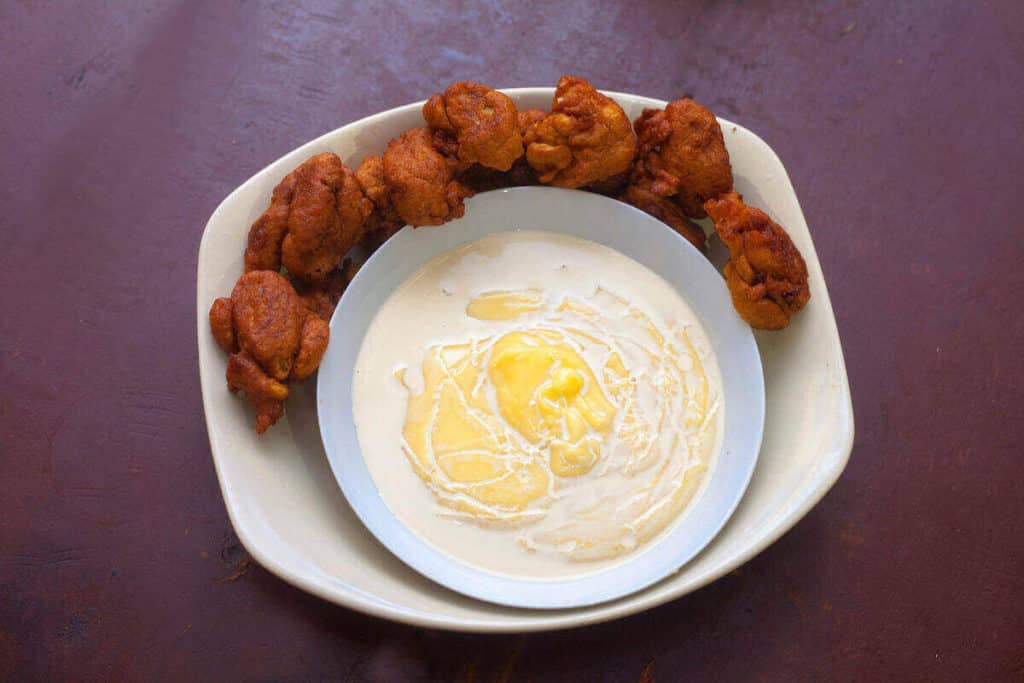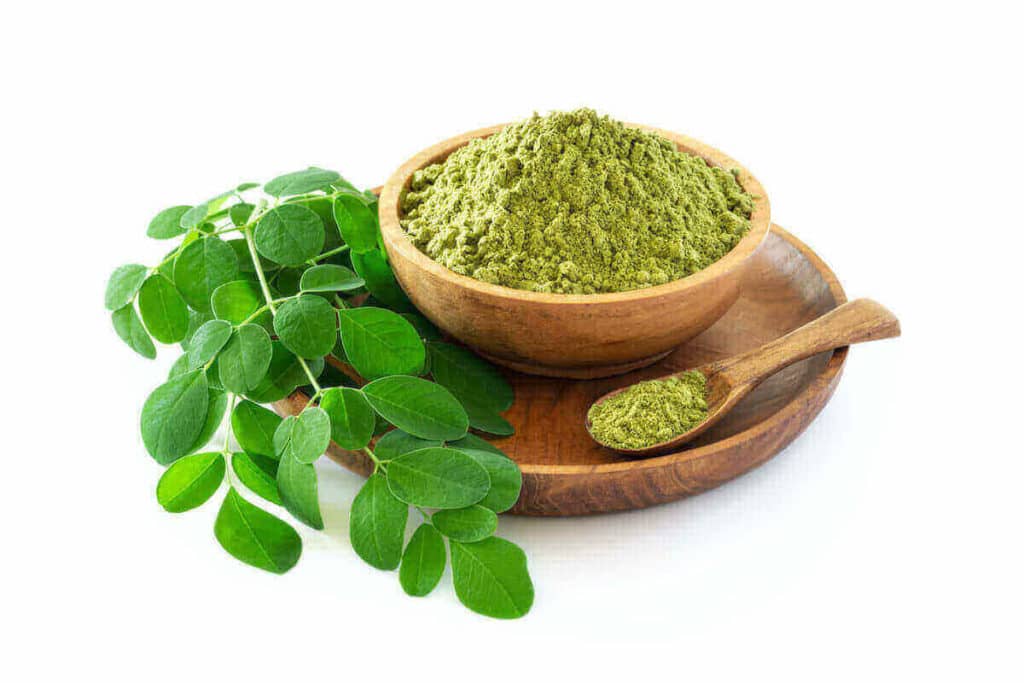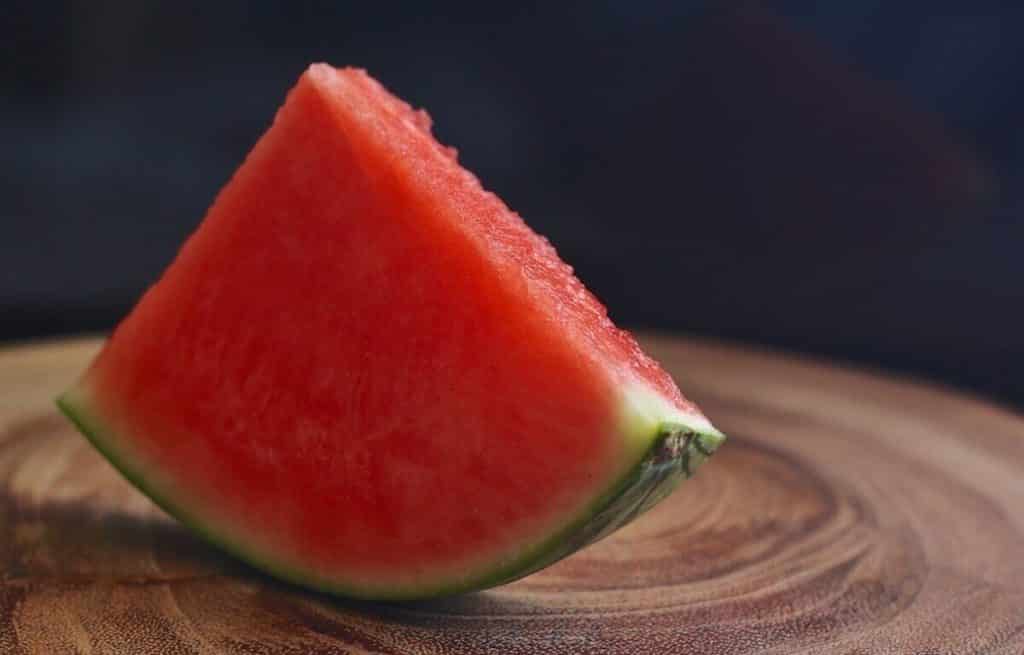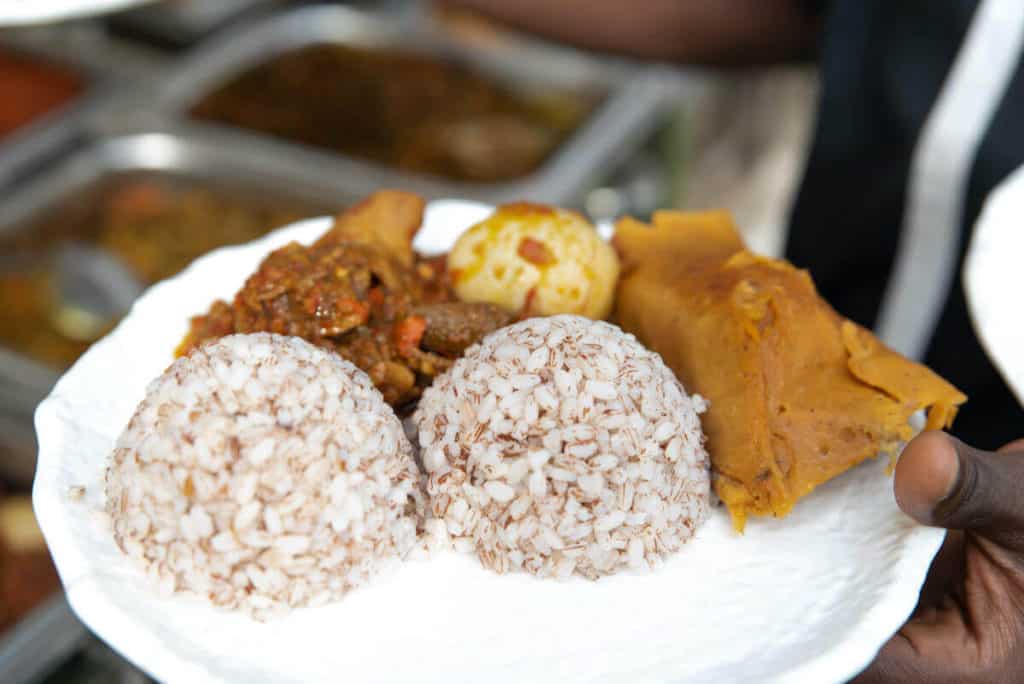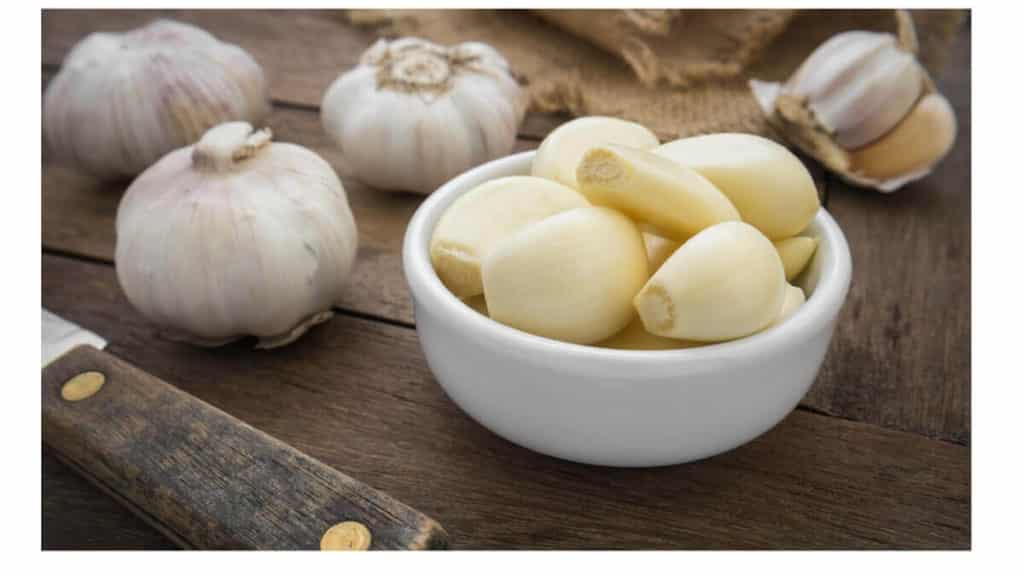In Nigeria, pregnancy is usually seen as a woman’s domain. Their partners are sometimes uninvolved in their pregnancy journey.
After all, apart from the baby-making process, it is the women who do most of the work growing and birthing the baby. Their partners don’t throw up every morning, afternoon or evening.

In addition, there’s no one kicking in their belly, and there are no midnight cravings.
Many mothers with Nigerian partners feel that their partners do not understand the changes that come with pregnancy. To some others, the fathers don’t even make an effort to get involved.
If this is your situation, we absolutely understand. All you want is to feel supported and understood. You want your partner to actively participate and to see the pregnancy as real as you see it.
If your partner does not seem to show as much interest as you would like, don’t give up. Chances are he doesn’t even know what to do, but you can easily show him.

Here are the best ways to get your partner more involved in your pregnancy:
1) Invite Your Partner To Your Appointments
It is increasingly common for fathers-to-be to attend ante-natal appointments these days. In one of the foremost government run maternal hospitals in Lagos, fathers are required to attend the first antenatal clinic.

Ask your partner if he can take time off work to accompany you to some of your visits. Seeing your midwife or health care provider will provide your partner with the opportunity to ask any questions he might have.
Furthermore, if you plan to have him as a birthing partner, it is a good time for him to get familiar with your doctors and hospital.
2) Exercise With Your Partner
Exercise is an important part of your pregnancy.
It would help you stay fit and maintain a healthy pregnancy weight. Having your partner exercise with you will help you stay motivated.

As a bonus, it would provide a perfect bonding time for you, your partner, and your baby. There are plenty exercises you could try, from swimming to yoga and even walking.
Just do what works best for the three of you.
3) Get Your Partner Involved in Decision Making
Most of the time, and for many couples, the brunt of decision making about the pregnancy and birth falls on the woman.
Expectant mothers tend to be more overwhelmed with planning and preparation. However, involving him when making decisions will make him feel valued.

Discuss your ideas and plans with him, even the minor ones. Ask for his opinion on things, especially when making big decisions. Invite him to go baby shopping with you and encourage him to pick his favourite items too.
This will get him excited and motivate him to show more interest.
4) Ask Your Partner To Decorate The Nursery With You
This is one way to make him feel important and needed in this entire pregnancy process.
You can let him pick the colours or props for the nursery. He will also be able to help with any heavy lifting of shelves, tables or cribs. Both of you could plan a weekend to design the nursery together.
This would not only tick a big task off your list, but will also create a bonding time for both of you. Going through the process of designing the nursery and having it ready and waiting will make the pregnancy feel real for him.
5) Encourage Your Husband To Touch Your Bump
As the mother, you get the opportunity to carry your baby wherever you go.
However, your partner does not. While it would be easy for you to naturally bond with your baby, it will be more difficult for your partner.
Help him by encouraging him to bond with your baby before birth.

Let him know when the baby starts kicking and give him plenty opportunities to feel these kicks. You can also encourage him to talk to the bump too, and this will earn you a few extra kicks.
6) Give Your Partner Attention
It is very easy for the focus to shift from your relationship with your partner to your relationship with your baby. Babies after all are always the center of attention. However, this might make your partner to feel left out during the pregnancy as it may seem that he has become second fiddle.
Don’t let this happen.
While you need to pay attention to your growing baby, you should not forget your partner. Your relationship is now more important than ever, as a baby is on the way.
Go on lots of dates.

You could try seeing a movie, going to the beach, taking walks, eating out, or even going on a vacation together if you can afford it. Now is the best time because once the baby comes, it will be more difficult.
7) Create Your Birth Plan Together
You would need a birth plan to make your labour and delivery process as smooth as possible.

Even though you are the one popping out the baby, your partner plays a major role too. Let him in on your birthing preferences, and what you expect of him during and after the birth. This will help him advocate for your wishes while you are in labour.
Avoid just telling him what you want.
You will get him more involved if you ask for his opinions too. Prepare the plan together, and you will prepare him for birth. Encourage him to pack a hospital bag too, he will need it. What goes in the bag? Things like snacks, socks, a toothbrush, music and headphones. Things to make his stay with you in hospital more comfortable. Being involved like this will help him understand better what is at hand.
8) Attend Birthing Classes Together
This is especially important if you plan to make him your birthing partner.
Unlike you, your partner probably has no idea what the entire birthing process will involve. These classes would teach both of you about the birthing process, birthing choices and what to expect with a newborn baby. He’ll learn to bath a baby, change diapers, how to tell if the baby is hungry etc. It will make life for you as a new mum easier. It will also give your partner the opportunity to bond with other expectant fathers as well.
A Final Note
Pregnancy and childbirth can be overwhelming for you and your partner.
Despite popular opinions, most Nigerian men actually want to do their best to support both mother and child. The only problem is they do not know what to do or how to go about it.

Help your partner. Show him what he needs to do and how to do it. Don’t stop at pregnancy. His support is also needed in your breastfeeding journey and your child’s development. Furthermore, In the light of the toll of the current COVID -19 pandemic and it’s effect on your care during pregnancy, you need all the help you can get at home. Involve him in even the little decisions and you will be surprised at how involved and interested he would get.
REFERENCES
- Amy Johnson-Grass 2015, 15 Ways To Involve Your Partner In Your Pregnancy, Health Foundations, Viewed on September 16th, 2020, <https://www.health-foundations.com/blog/15-ways-to-involve-your-partner-in-your-pregnancy>.
- “ Counselling for Maternal and Newborn Health Care: A Handbook for Building Skills.” Geneva: World Health Organization; 2013. 10, SUPPORT DURING LABOUR AND CHILDBIRTH. Available from: https://www.ncbi.nlm.nih.gov/books/NBK304186/
- Ip, Wan. (2000). Relationships between the partner’s support during labour and maternal outcomes. Journal of clinical nursing. 9. 265-72. 10.1046/j.1365-2702.2000.00358.x.
- Shutterstock


